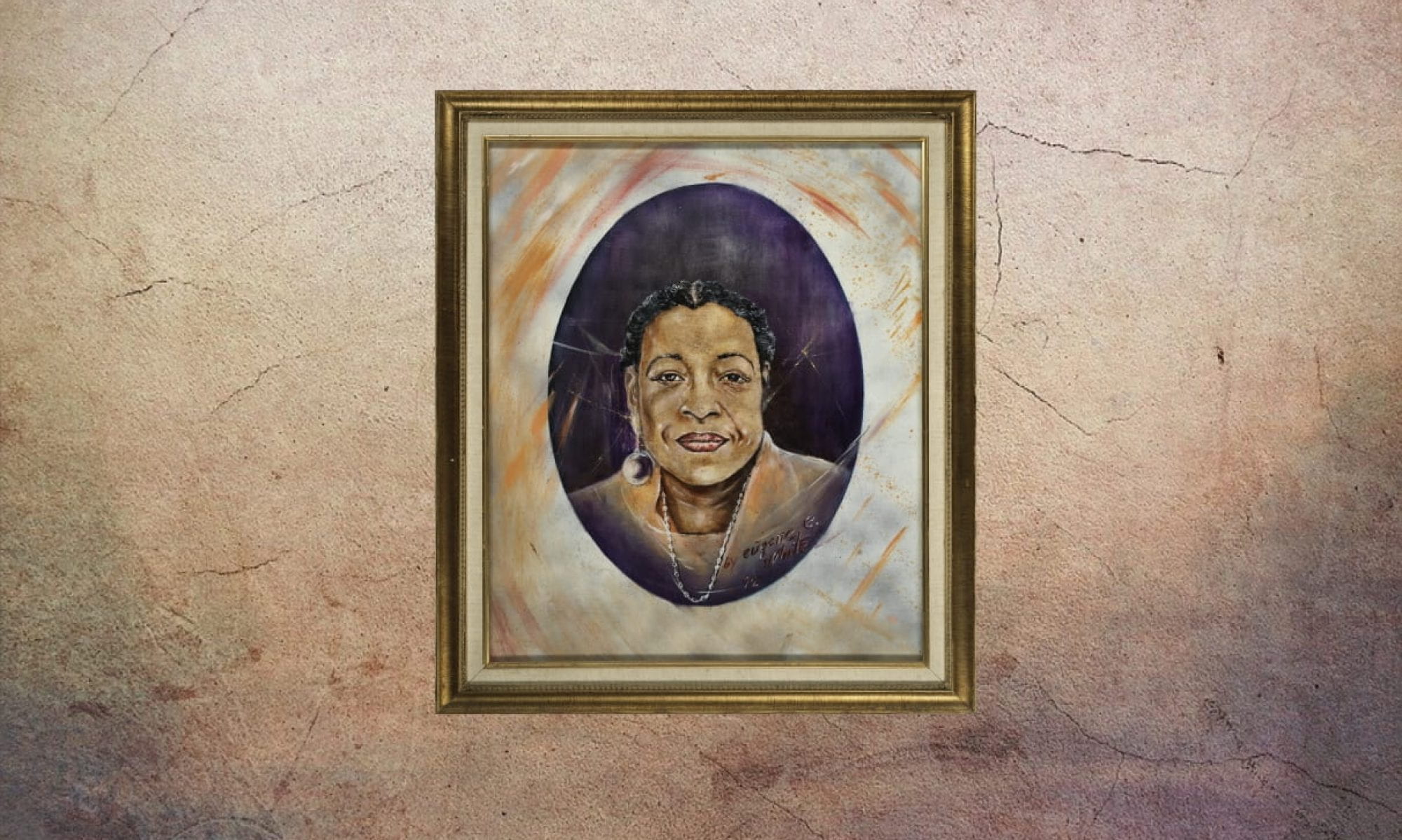
Education plays a vital role in society, and that is exactly what Josephine Cole believed while working for the San Francisco Unified School District (SFUSD). According to a 1948 San Francisco Chronicle article, she was the first African American elementary school teacher in the San Francisco Unified School District and the first to be employed in a San Francisco high school (“Another First”). Cole worked hard to implement new ways of teaching to further motivate children to learn and succeed. She strongly believed that every child wanted to learn, but just had a different means of being engaged.
Josephine Cole was born on January 18, 1913, in San Francisco to Joseph and Elizabeth Cole. She grew up on Buchanan Street in a small cottage, with her grandparents living next door. Education was always held in high regard at the Cole household and her parents always made sure that their children studied. In an interview for the African American Oral History project conducted on behalf of the San Francisco Public Library led by Jesse J. Warr, Cole was asked what her dreams were when she was younger, to which she replied, “to be a teacher, I always wanted to be a teacher.” Cole worked hard to gain knowledge and was always willing to teach anyone: “I love teaching. I love school and I like kids. I guess at heart, I’ll always be a teacher.”
Cole looked up to both of her parents, although they were both very different from one another. Her mother was extremely intellectual and strong-willed. Cole described her as being strict and having high ambitions for her daughters. She would tell them: “Girls, you’re both girls and you’re colored, so you’re going to have to do twice as much to get half of what the whites have,” according to the interview conducted by Warr. Both her parents saw education as a vital part of their success in the future and were harshly criticized by others for going to great extents to educate their daughters: “My girls are my wealth and they’re going to get everything that I can place before them. They won’t have to work in anybody’s kitchen. They won’t have to kowtow,” Cole would respond.
Cole graduated from the University of California in 1936, and began teaching that year at St. Vincent, a parochial school. She began teaching in public schools and was appointed as a regular teacher in 1941 according to a 1948 San Francisco Chronicle article. It was also noted that she was the first African American to earn a regular appointment as a teacher in the city school system at Raphael Weill School in 1943, and became the first to be employed in a San Francisco high school. Cole was not the only one who achieved a recognition for being first to do something—her husband, Audley Cole was the first African American driver hired by the San Francisco Municipal Railway.
During her first years of teaching at Balboa High School, Cole came across a student’s input on learning that prompted her implementation of new teaching styles. In an article written by Ronald Moskowitz from the San Francisco Chronicle, Cole articulates where her motivation for an alternative learning style was derived. She had an English class who “didn’t like English.” So she let students have a say in what was taught. Many were in favor of Cole’s approach as they saw many necessary skills being built. Her approach appealed to the US Department of State and the Principal of Balboa High School. Ralph Kauer spoke very highly of the program, as did William Cobb, the new human relations officer for the school, who also praised the program. The President of the Teachers Association of San Francisco, Katharine Keeley, stated she “did not quite see the purpose of the program,” yet, according to Moskowitz, others believed in its progress and that “when you let children organize into committees and choose their own curriculum then I think it is a real triumph for progressive education.”
Cole became a prominent figure in the SFUSD and worked to become involved in various organizations. In 1971, four junior students and Josephine Cole, the Student Relations Director for the SFUSD, were selected by Mayor Alioto to represent the city on a goodwill mission to Osaka, Japan. While working as the educational counselor of the Youth Opportunities center at Hunters Point, directed by Herman Gallegos, Cole noticed something was lacking in the students. Creating a workshop aimed at training kids for jobs, her workshop had astonishing results. According to James Benet of the San Francisco Chronicle, of her first six-week workshop consisting of twenty students, eighteen were either in job-training or on jobs, or back in a regular school, and the other two were still working to meet academic requirements for one of the best job-training courses. Cole implemented many programs, and her hard work did not go unnoticed. In 1982, she won the Sojourner Truth Award from the Negro Business and Professional Women. That same year Cole was U.S. Toastmistress clubs’ representative in international competition (Hamilton).
Raised on the belief that education is one of the most important facets of life, Cole strove to improve education for all of her students by addressing what was being overlooked in the SFUSD. She worked on new ways to engage students to push themselves to achieve higher education or enter the workforce and ultimately become successful.
— Kendra Bean and Madison Owens
Works Cited
“Another ‘First’ High School appointment goes to S.F. Negro teacher” SF Chronicle. 16 Feb 1948.
Benet, James. “The Dropout Teacher.” SF Chronicle. 27 Sep 1965.
Hamilton, Mildred. “Life-Long Teacher Who’s Still Eager To Learn Everything.” SF Examiner. 16 Jan 1983.
Moskowitz, Ronald. “English Program Criticized.” SF Examiner. 6 Nov 1963.
Warr, Jesse J. Josephine E. Cole : Oral History Project.” San Francisco Public Library. 8 May 1972.
“4 Students Selected for Osaka Trip” SF Examiner. 21 May 1971.
